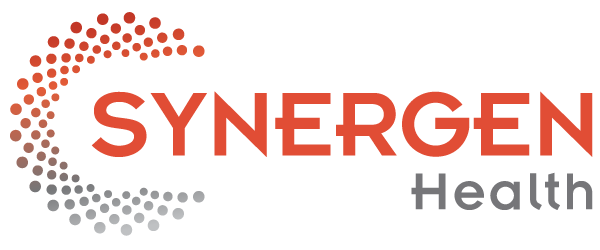 From hereditary testing to toxicology and oncology, labs are on the frontlines of precision medicine. However, their revenue cycle management (RCM) hasn’t kept pace, as many face a persistent uphill battle with denials and appeals.
From hereditary testing to toxicology and oncology, labs are on the frontlines of precision medicine. However, their revenue cycle management (RCM) hasn’t kept pace, as many face a persistent uphill battle with denials and appeals.
During our recent webinar, Automation & AI-Powered Denials & Appeals Management: Maximizing Revenue Recovery in Lab RCM, SYNERGEN Health’s Co-Founder and Managing Partner, Mel Gunawardena, explored exactly how labs can reduce denials and streamline appeals using AI and automation.
If you missed it, here’s what you need to know.
Denials Are Rising, and Most Aren’t Addressed
We’re seeing labs experience denial rates of 15–30% (often higher!). Yet up to 65% of denials go untouched.
Why? While there are many contributing factors, a major one is constantly changing and increasingly complex reimbursement policies. Labs operate across multiple test types and payor contracts, each with its own rules. To complicate matters, many labs now receive mountains of paper correspondence instead of electronic notifications.
All of this adds up to slower reimbursement cycles, missed revenue, and mounting pressure on already stretched RCM teams.
One Claim at a Time Won’t Cut It Anymore
During the webinar, Gunawardena shared a compelling case study: a lab that scaled from 80,000 to 1.7 million monthly claims in just three months during the COVID-19 surge.
With such a rapid and dramatic scale-up, traditional denial management methods—relying on human review and one-at-a-time workflows—couldn’t keep pace. There wasn’t time to recruit and train hundreds of new staff, nor could the lab afford delays or errors in processing such a high volume of claims.
Instead, they implemented a denial management system that could:
- Codify payor rules into standardized playbooks
- Group and resolve similar denials in bulk
- Automatically assign work based on denial code, payor, CPT, and place of service
- Use machine learning to monitor rule effectiveness and recommend updates
The result? A 25% drop in denials, a 400% improvement in one-touch fixes, and 98% accuracy across denial resolutions.
Automation Touches Every Corner of Lab RCM
The webinar also explores how automation is helping labs solve problems beyond denial management.
Gunawardena describes how AI-powered tools transform traditionally manual, error-prone processes, such as appeals, correspondence, quality control, and upstream denial prevention.
Watch the webinar and learn:
- How labs can reduce the manual burden of generating complex, multi-page appeal packets with automated documentation and customized submissions
- How labs can use OCR and GenAI to digitize and classify thousands of pages of paper correspondence
- How generative AI tools like ChatGPT help staff draft appeal narratives more efficiently while staying compliant with privacy standards
- Why automation is most effective when it supports experienced staff instead of trying to replace them
- How to identify and address the root causes of denials earlier in the revenue cycle to reduce downstream rework
- What labs should consider when evaluating automation and AI tools that integrate with their current systems and workflows
How Could RCM Automation and AI Benefit Your Lab?
Automation can meet you where you are. Whether you’re still dealing with paper EOBs or have multiple LIS integrations, the right tools and strategies can wrap around your existing infrastructure to bring more consistency, transparency, and predictability to your back office.
See how leading labs are using RCM automation and AI to drive results and how you can apply the same strategies to your operations.

